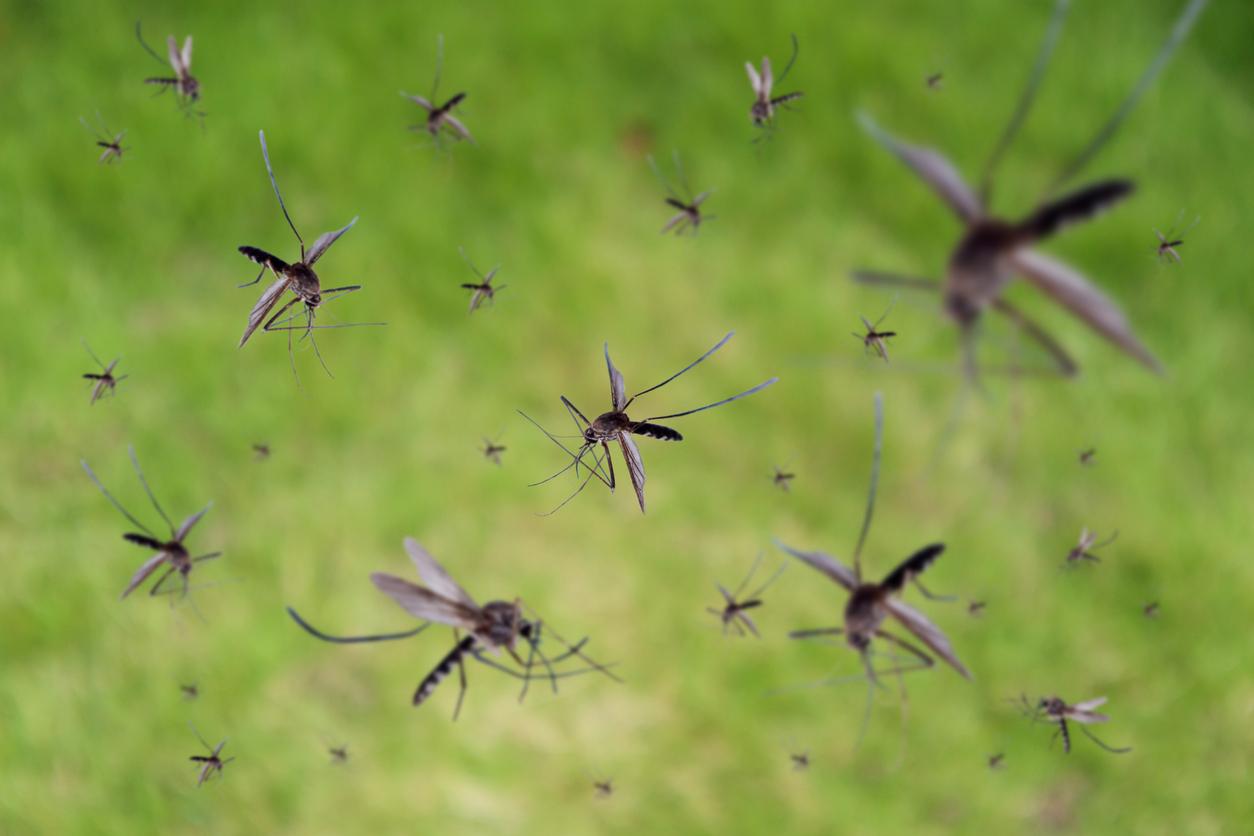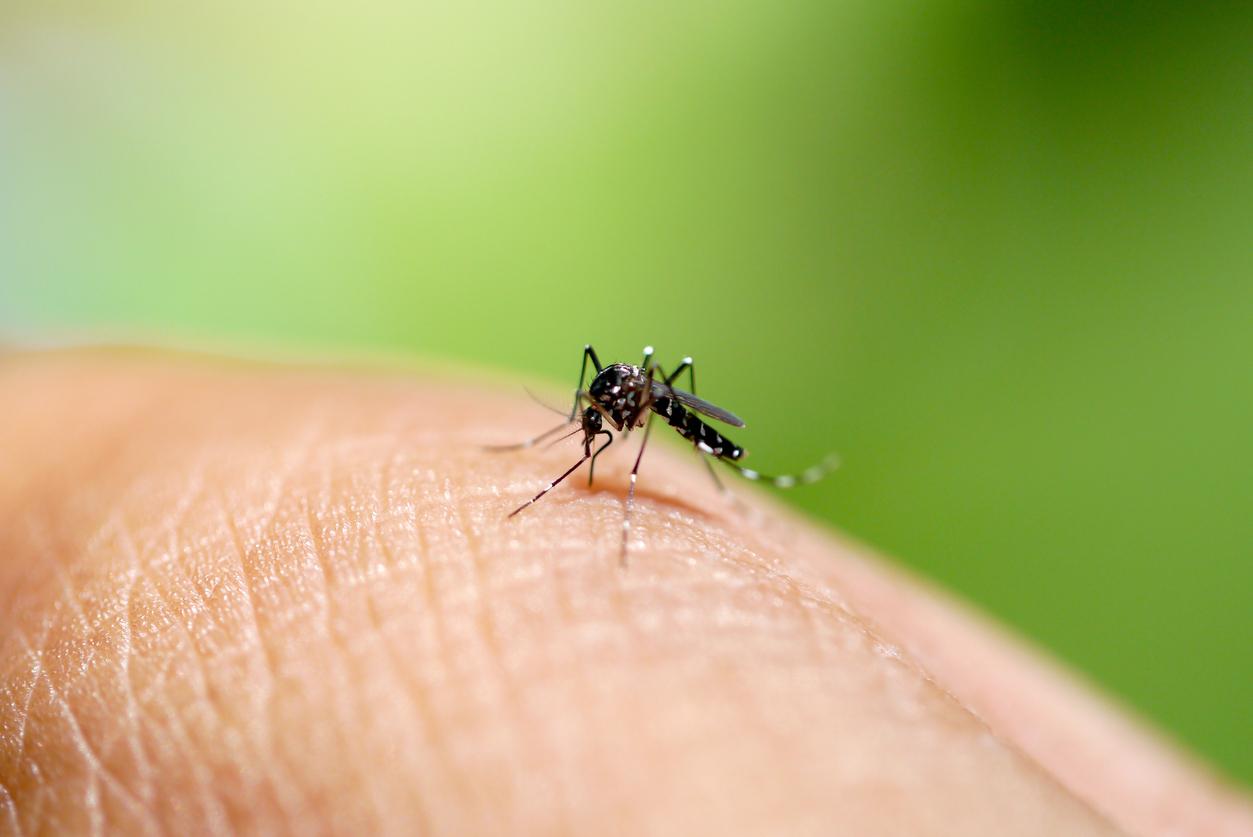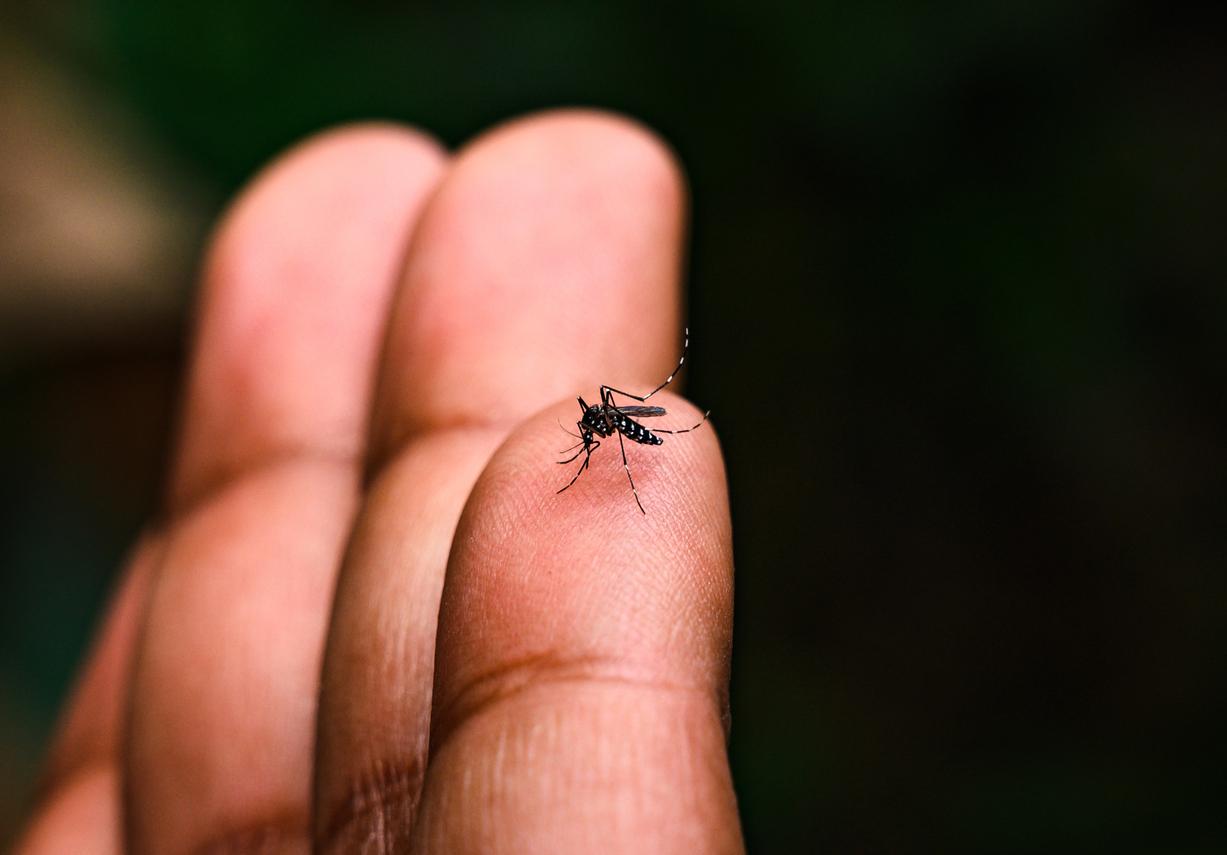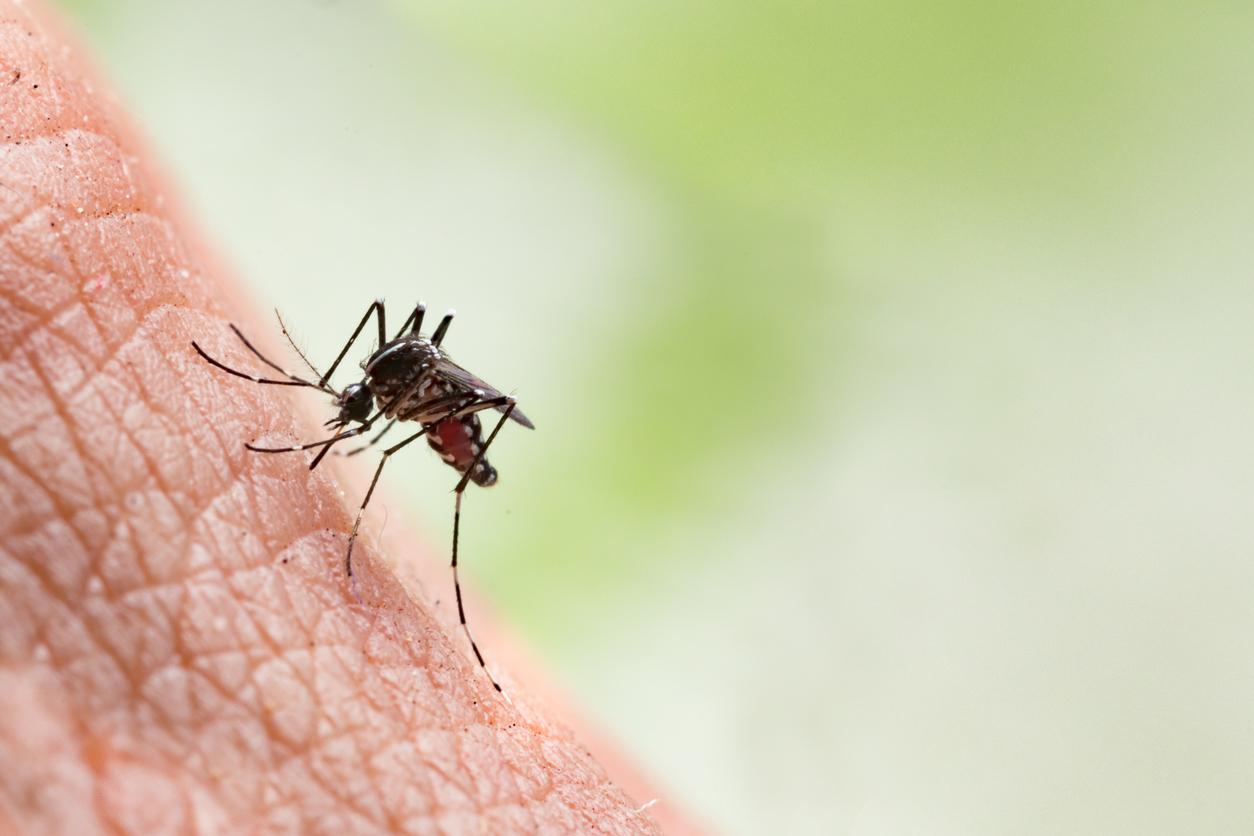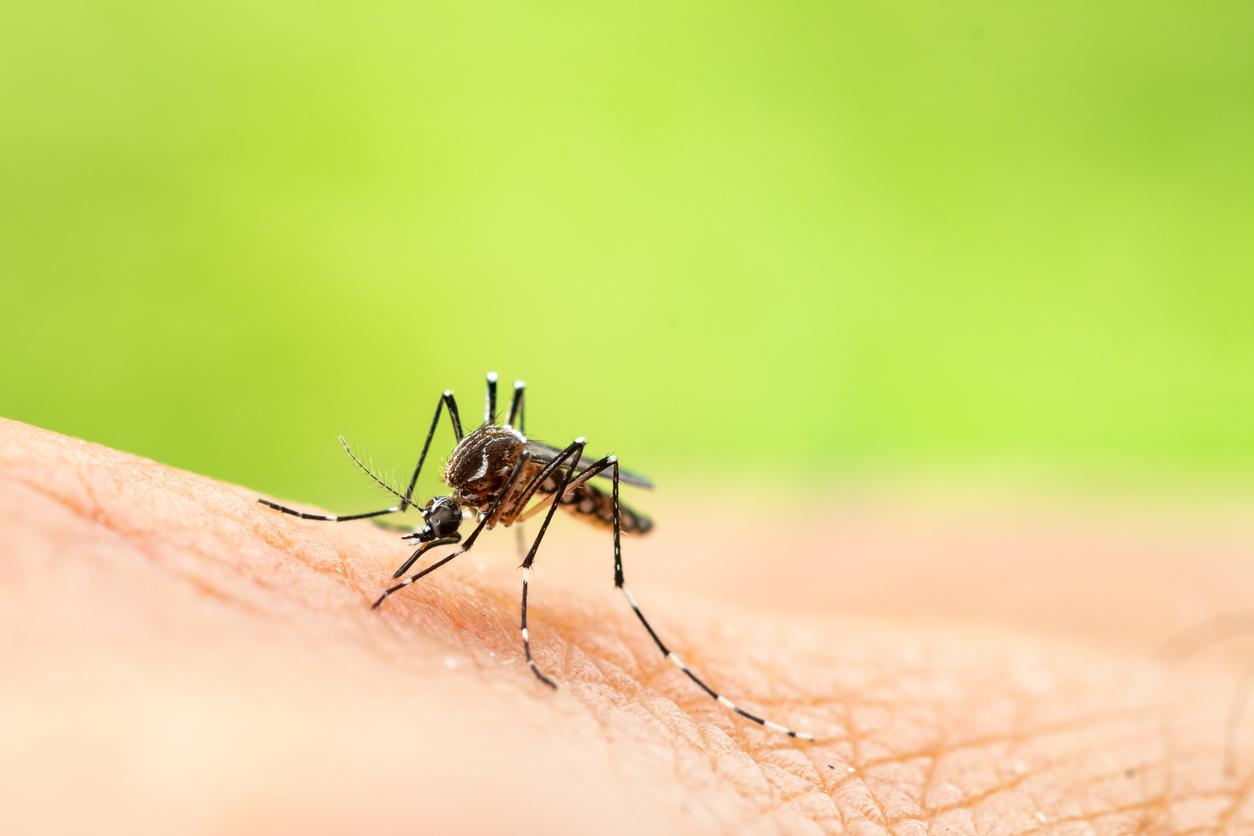Circadian rhythm appears to influence a host’s vulnerability to malaria parasites, according to two new studies from McGill University.
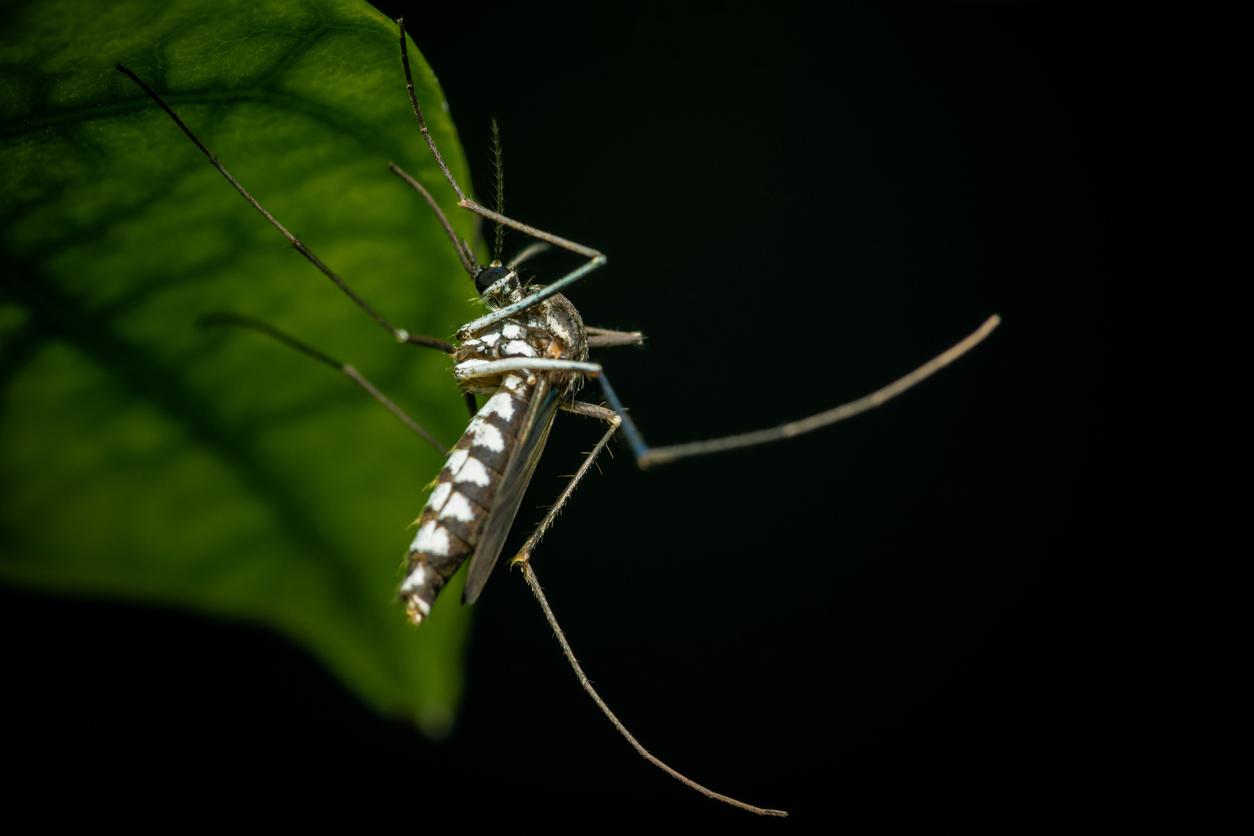
- Circadian rhythms appear to impact the spread of malaria parasites in the body and the severity of host symptoms.
- Mice infected in the middle of the night had less severe disease symptoms than those infected during the day.
- The discovery could lead to more effective treatment for malaria and other parasitic diseases, the researchers said.
Being bitten by a mosquito at night or during the day could well play a role in the spread of malaria parasites in the body. These are the conclusions of two recent studies from McGill University, published respectively in the journals iScience And ImmunoHorizons.
Malaria: less severe symptoms during nocturnal contamination
The bodily functions of many living organisms are governed by the circadian cycle. That is, a biological rhythm lasting approximately 24 hours. Faced with this observation, several McGill teams wanted to examine how the circadian rhythms of the host and the malaria parasite interact.
By observing mice infected with cerebral malaria, the researchers noticed that when they were infected in the middle of the night, the symptoms of the disease were less severe than those of rodents infected during the day. In addition, the spread of parasites within the hosts was more limited.
“The difference in the host’s response to infection depending on the time of day suggests that its circadian rhythms could influence disease progression. The impact of these immune clocks on malaria has never been studied before.”explains Nicolas Cermakian, director of the Laboratory of Molecular Chronobiology McGill and corresponding author of the two studies in a press release.

Parasite and mosquito: towards treatments aligned with the circadian cycle
This is not the first time the team has shown that a host’s internal clock can affect a parasite. In previous work, they had reached a similar conclusion with a parasitic disease that causes skin or visceral conditions, called leishmaniasis.
“Our results represent an important advance in knowledge since many of the mechanisms that determine the rhythms of susceptibility to diseases, particularly parasitic diseases, remain largely unknown.”explains Martin Olivier, co-author of the two studies.
They could “potentially lead to new treatment practices based on aligning medications with our circadian rhythms,” assure all the researchers.








